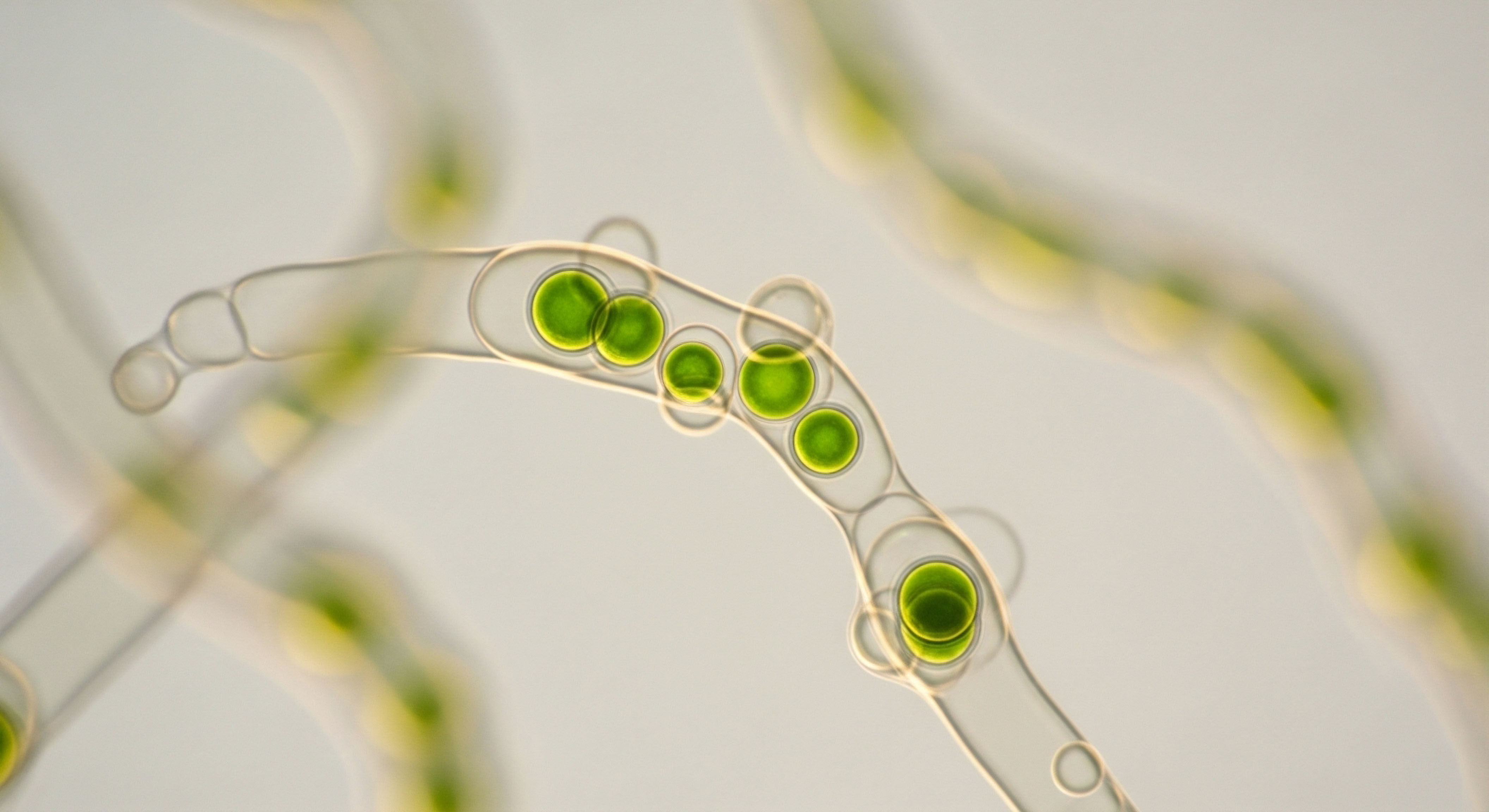The Conscious Plate for Limitless Living

Master your biology with the Conscious Plate, unlocking peak performance and vitality for a truly limitless existence.
HRTioSeptember 8, 2025




